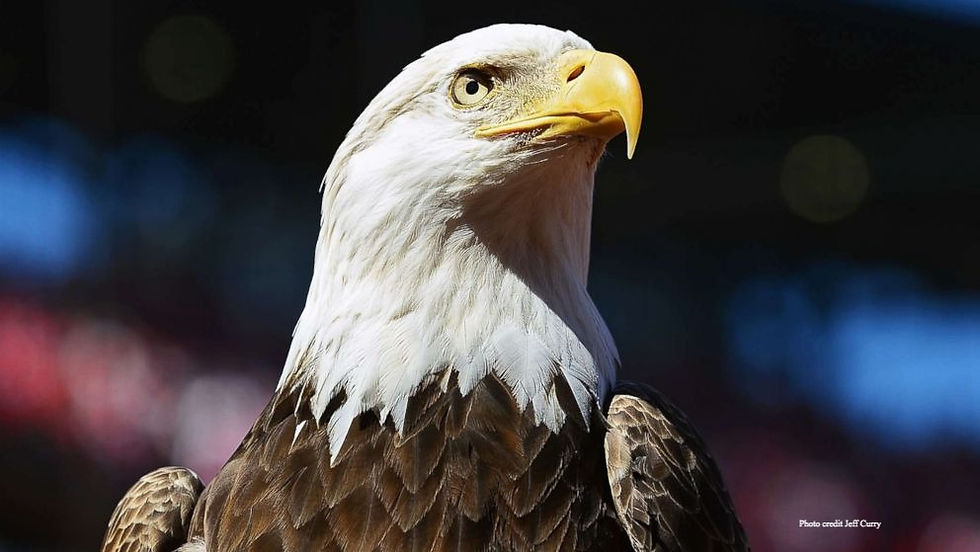CRITTER SPOTLIGHT: Toadally Terrific
- cynthiamorissette
- May 3, 2020
- 2 min read
Good Morning Watershed Explorers,
As you may be able to guess from the title of today's blog, the critter spotlight is about a toad, specifically the American toad (Anaxyrus americanus). I have to tell you a little secret, Mrs. Morissette learned something new today! I always knew the American toad as Bufo americanus, but taxonomists (scientists that categorize animals) recently switched the American toad to the genus Anaxyrus.
The American toad is a very common Rhode Island toad. You have probably heard the toad calling over the last few days. Listen to its call below and see if you have heard this sound in your neighborhood!
Habitat:
American toads are very adaptable and can live in a variety of habitats. They can live in forests, wetlands, and even backyards. As long as there is at least a semi-permanent body of water available for laying eggs, they can be quite content. They do prefer dense vegetation where they can hide and plenty of insects to eat!
Diet:
Adult American toads are carnivores and will eat almost any insects. They will also eat snails, slugs, spiders, and worms. They are different from other species of toads because rather than sitting and waiting for their prey to come to them, American toads can shoot their sticky tongue out to catch prey.
Larvae are herbivores and feed on aquatic vegetation.
Watershed Role:
American toads are very much like other amphibians in their watershed role. They eat extensive amounts of insects which helps to keep these populations under control. Since they lay their eggs in the water, they also need healthy water for survival and are an indicator species for water quality.
The picture below is of an American toad that my youngest daughter found in our neighbor's window box. She was concerned that the toad would not be able to jump out and asked that I remove the toad. I explained that American toads, like most frogs and toads, can jump many feet and this toad would get out of that spot without a problem. I also explained that toads have a poison gland behind their eyes and it's best not to touch them without gloves on. The gland doesn't usually excrete the poison unless the toad feels severely threatened, such as an animal biting into it, but it's best to always take precautions.

I hope that you will listen for these toads when you are out enjoying this beautiful day!
I wanted to end today with a poem that was written by my second-grade friend Kyara Santos. She completed the challenge that I posted on Friday and her poem is awesome. Thanks for sharing Kyara!
Solid stones sit by the sea.
Ants crawl all over the grass.
Nature is beautiful.
Toes in the sand makes me happy.
Ocean is filled with lots of creatures.
Sand is stuck in my happy toes.
One quick reminder for everyone, if you have something you would like to share, you can scroll all the way to the bottom of this page and click the green button that says email Mrs. Morissette. You can use that button to send me an email, or if you can't send an email directly to me, you can always email your teacher and they will pass your work along. Have a great Sunday Watershed Explorers!
Much love,
Mrs. Morissette






Comments